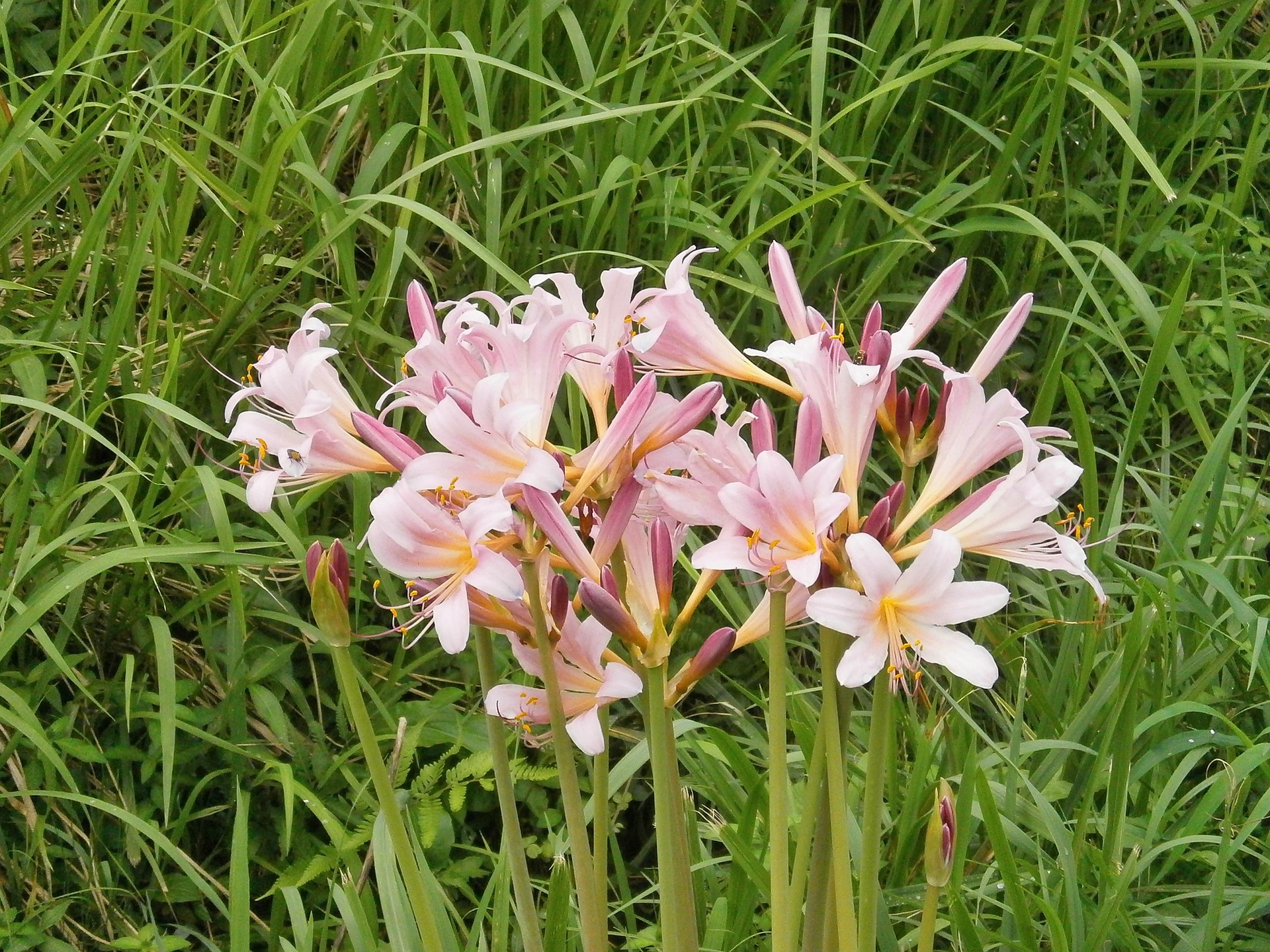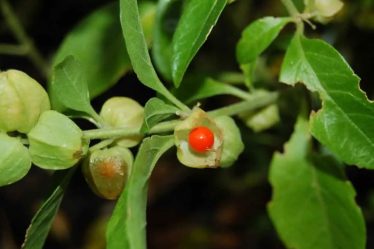
Herbs have been used for centuries to treat a variety of health conditions, but some herbs can have harmful effects during pregnancy. It’s important for expectant mothers to be aware of the herbs to avoid during pregnancy, to protect the health and well-being of both themselves and their unborn child.
One of the herbs to avoid during pregnancy is Achillea millefolium, also known as Yarrow. The stems, leaves, and flowers of this herb are used to make tea, which may induce uterine contractions. This can be dangerous for women who are pregnant, as it can increase the risk of premature birth or miscarriage.
Another herb to avoid during pregnancy is Actaea racemosa, also known as Black cohosh. This herb is commonly used to treat menopause symptoms and is available in both tea and capsule form. However, like Yarrow, it may induce uterine contractions and should be avoided during pregnancy.
Angelica archangelica, or Angelica, is another herb to be cautious of during pregnancy. This herb is used in teas and capsules, and its root may induce uterine contractions, making it dangerous for women who are pregnant. This is also true for Angelica sinensis, also known as Chinese Angelica or Dong Quai, which is used in a similar manner.
Artemisia spp., also known as Wormwood, is another herb to avoid during pregnancy. This herb is available in tea form and is made from the leaves and stems. Some species of Wormwood contain a potentially neurotoxic ingredient called thujone, making it harmful for women who are pregnant.
Capsella bursa-pastoris, also known as Shepherd’s Purse, is another herb to avoid during pregnancy. This herb is used to make tea and tinctures and its leaves, stems, and flowers may induce uterine contractions.
Cascara sagrada, also known as Sacred Bark, is another herb that women should avoid during pregnancy. This herb is used to make tea and capsules, and its tree bark may induce uterine contractions.
Caulophyllum thalictroides, also known as Blue cohosh or Squaw root, is another herb that should be avoided during pregnancy. This herb is used to make tea and capsules, and its root may be toxic to the fetus and induce uterine contractions.
Centella asiatica, also known as Gotu kola, is another herb to avoid during pregnancy. This herb is used to make tea and capsules and its steams and leaves may induce uterine contractions.
Cinnamomum cassia, also known as Cassia, is another herb to be cautious of during pregnancy. This herb is used to make tea and is available in tree bark form. Although occasional use of Cassia as a condiment is considered safe, taking it as tea may induce uterine contractions. The same is true for Cinnamomum verum, also known as True Cinnamon.
Datura spp., also known as Jimsonweed or Stramonium, is another herb to avoid during pregnancy. This herb is available in tea form and is made from the entire plant. However, various species of Datura are toxic and hallucinogenic, making it dangerous for women who are pregnant.
Dioscorea villosa, also known as Wild Yam, is another herb to avoid during pregnancy. This herb is used to make tea, tinctures, and capsules and is a uterine stimulant.
Dysphania spp., also known as Wormseed or Mexican Tea, is another herb to be cautious of. It Contains a toxic compound known as ascaridol; may induce uterine contractions. Avoid ingesting oil, as it is neurotoxic.
One of the most commonly used herbs, ginger, is generally considered safe in small amounts during pregnancy. However, high doses of ginger can cause problems such as heartburn and nausea, so it is best to use ginger in moderation.
One herb that is definitely best avoided during pregnancy is mugwort. This herb can stimulate uterine contractions, and can increase the risk of premature labor and miscarriage. Additionally, Mugwort can cause skin irritation and other adverse reactions.
Another herb to avoid during pregnancy is Comfrey. This herb is high in pyrrolizidine alkaloids, which can cause liver damage and increase the risk of birth defects and other health problems for both the mother and the developing fetus.
Ephedra is another herb to avoid during pregnancy. This herb is a stimulant and can increase blood pressure and heart rate, putting both the mother and the developing fetus at risk. Additionally, ephedra can cause nervousness, headache, and other side effects.
Licorice is another herb to avoid during pregnancy. This herb contains glycyrrhizin, which can increase the risk of premature labor and other pregnancy complications. Additionally, licorice can cause high blood pressure, fluid retention, and other problems.
Finally, women who are pregnant or trying to become pregnant should avoid taking large doses of vitamin A supplements. This can lead to birth defects and other health problems for the developing fetus. It is best to get adequate vitamin A from a balanced diet, rather than from supplements.
In summary, it is important for women to be cautious when using herbs and supplements during pregnancy. While some herbs may be beneficial, others can have harmful effects on both the mother and the developing fetus. Women should always consult a healthcare provider before using any herbs or supplements, and should be sure to avoid the herbs listed above during pregnancy.
Do note: A comprehensive list is available in members area.





